Dune is a major epic from director Denis Villeneuve that is just an introduction to the expansive cosmos of the legendary science fiction series, originated by author Frank Herbert in 1965. The dense mythology of the franchise, building on politics, religion, and ecology, can be intimidating for new readers, to say nothing of viewers who haven't read the original books.
The new movie does a good job of grounding unfamiliar fans in the basics of the world, but there is a lot more that could serve as helpful tips for beginners to the Dune saga. With a sequel and potentially other movies on the horizon, now is a good time for new readers and viewers to pick up some tips about the series to help them gain a deeper perspective.
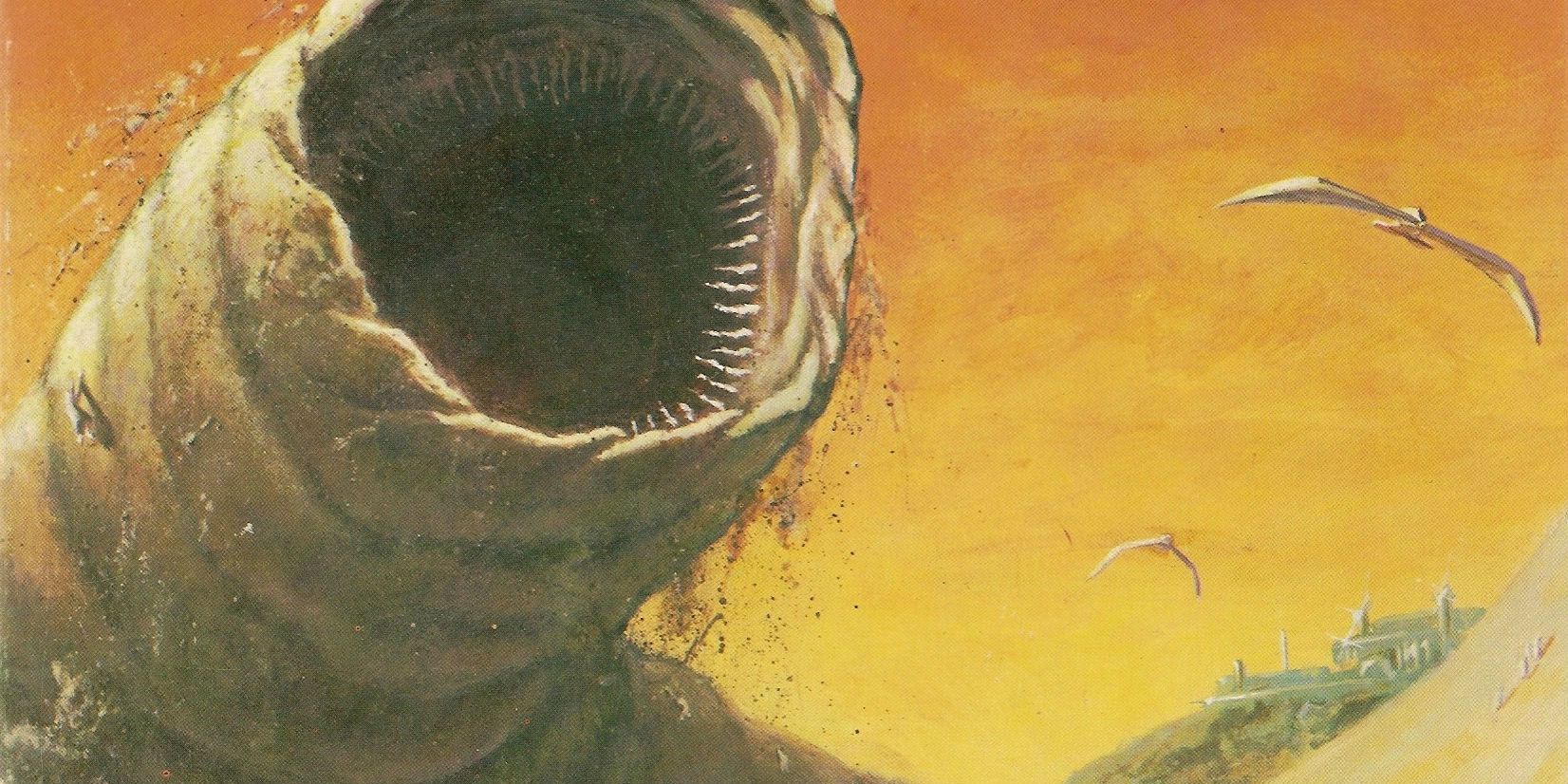
The original novel Dune by Frank Herbert is generally considered one of the best science fiction novels of all time. Not only was it commercially successful, spawning several sequels and later adaptations, but it was also critically well-received from the beginning.
Dune won the Nebula Award for Best New Novel in 1966 and also tied for the Hugo Award in 1966 with another book, The Immortal by Roger Zelazny. Its cultural influence has been substantial, beyond literature and movies into music, art, and even served as the inspiration for the name of an area of Saturn's moon, Titan, called Arrakis Planitia.
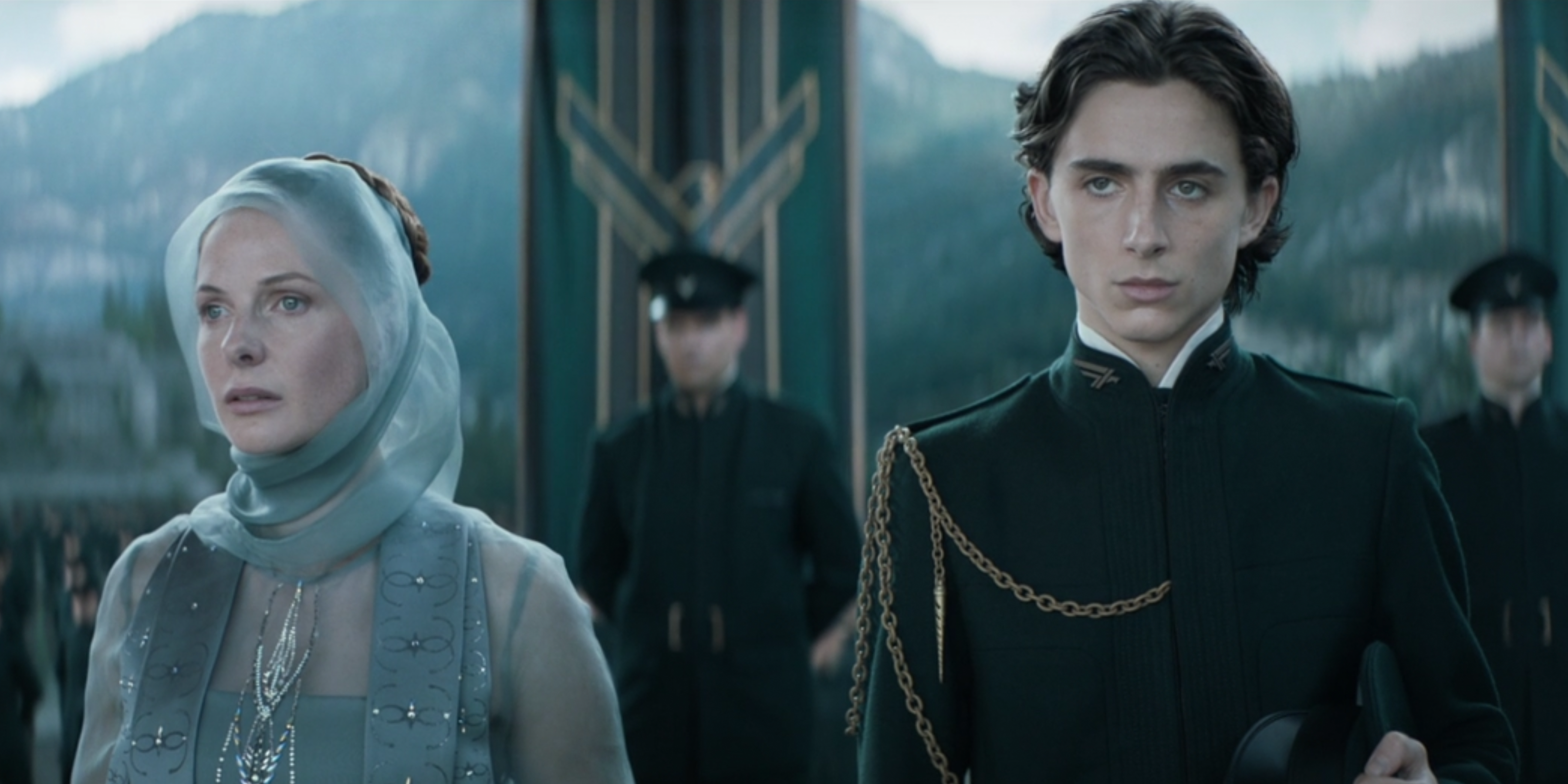
The fact that the 2021 Dune movie by Denis Villeneuve is only Part 1 is a testament to the fact that it is a faithful adaptation of the novel. Rather than condense the entire narrative into two or three hours, the movie mostly handles the first half of the book and takes few liberties.
The movie mostly follows the very linear narrative where House Atreides, led by Duke Leto Atreides as in the book, is tasked with taking over Arrakis by the Emperor to oversee the production of spice. It's a trap, and events play out virtually the same as they do in the novel.
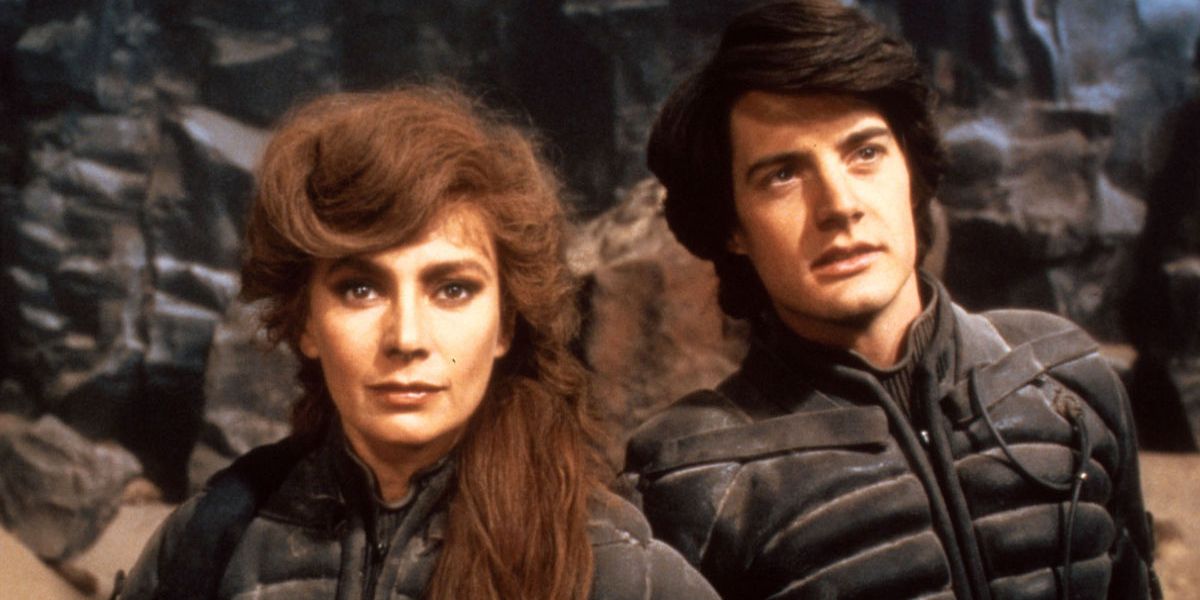
There are many differences between the 1984 Dune movie and the 2021 version. Some might think the biggest difference is in quality, but the David Lynch movie is better than some might remember. Though a critical and commercial failure at the time, the movie has become a cult favorite and is far more visually ambitious than the new version.
The movie tries to adapt the entire first novel, which does lead to some complications. But the visual flair, the unique soundtrack, and the idiosyncratic style of David Lynch make it a must-watch for fans of the Dune saga.
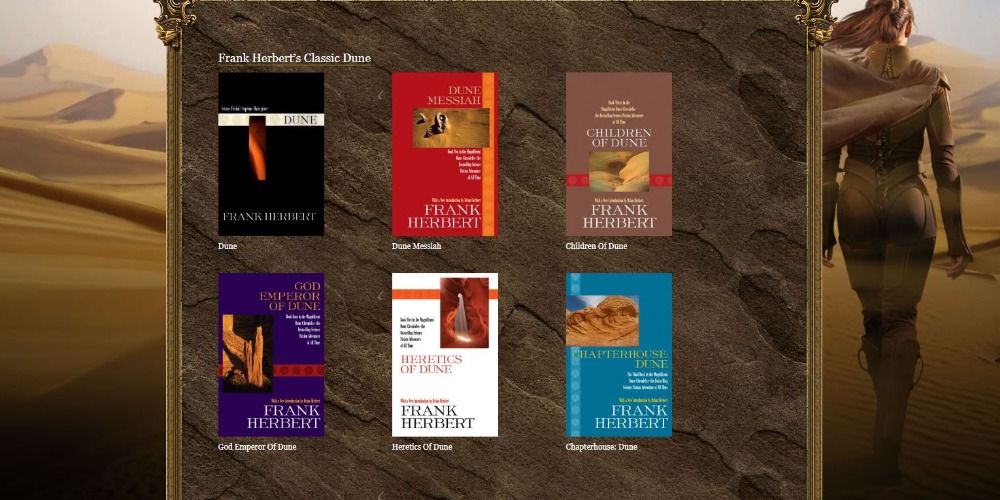
Frank Herbert wrote six books in the saga before his death in 1986. These include Dune and its five sequels, Dune Messiah, Children of Dune, God Emperor of Dune, Heretics of Dune, and Chapterhouse: Dune. The sequels chart the journey of Paul Atreides and his Fremen consort Chani, their children, and beyond.
The sequels dive deeper into the complex web of politics, religion, and commerce set out in the first book. The sequels have largely not been adapted in any other form, though the first two sequels were adapted as part of the 2003 Sci-Fi television miniseries.
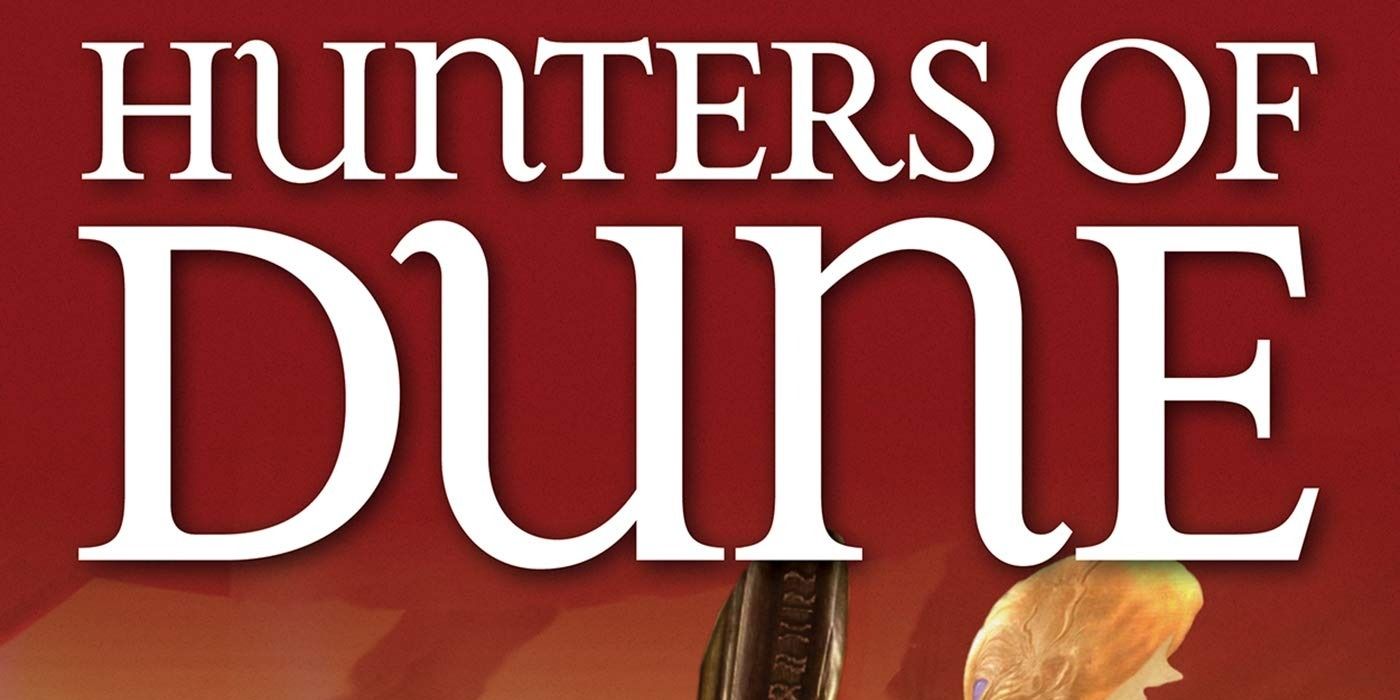
After Frank Herbert died, his son Brian Herbert and sci-fi author Kevin J. Anderson continued the series, basing their novels on Frank Herbert's extensive notes. The result has been a detailed series of prequels and sequels beginning in 1999.
Some fans might be intimidated by the sheer number of books in the saga - well over a dozen. The best approach to these books is perhaps picking and choosing what is most interesting, as the novels generally focus on different aspects of the world and lore, like the different houses and major events referred to in the original.
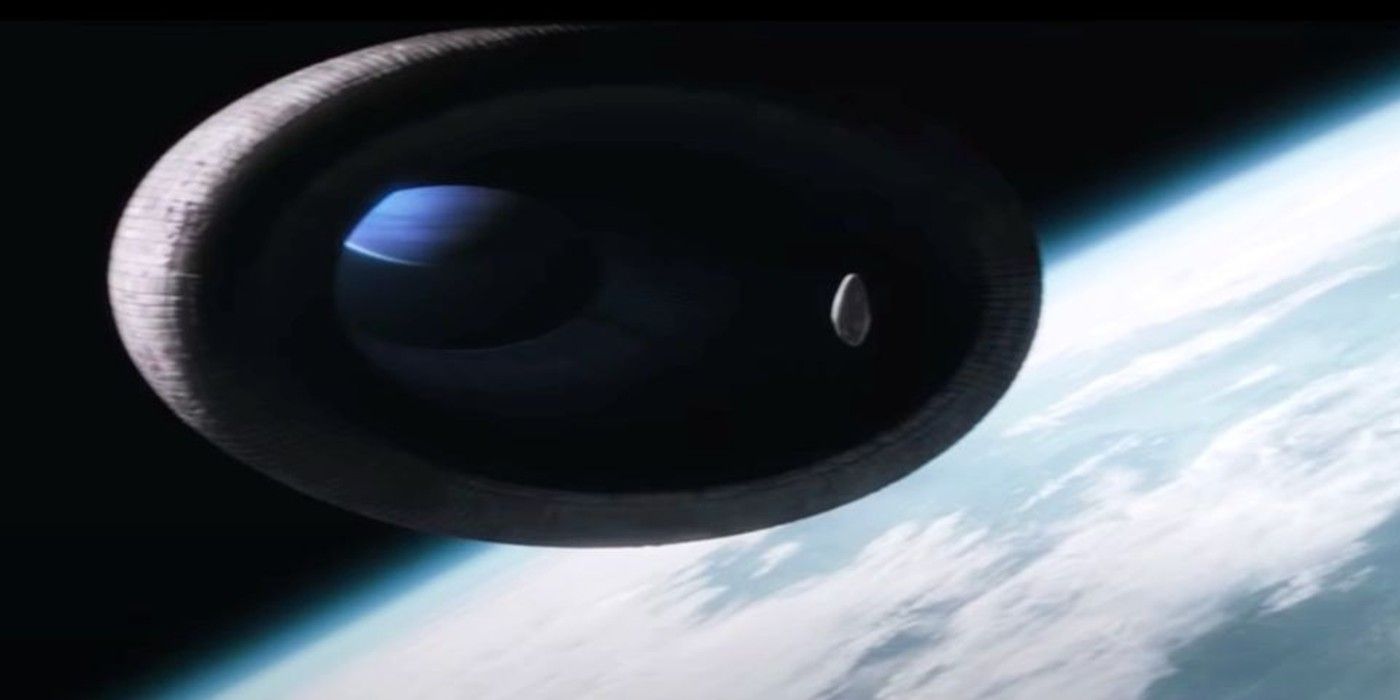
Dune may seem like it's set in a secondary world, not unlike Star Wars, but it's actually set in the far future of humanity. The first novel is set approximately 20,000 years from the present day, long after humanity has left Earth and spread into the galaxy.
The history of the Dune-iverse is divided between before and after the formation of the Space Guild, a powerful organization that controls most of the Galactic Empire. The book and movie are set in 10190 A.G., After Guild, and the story continues far beyond that in the books.
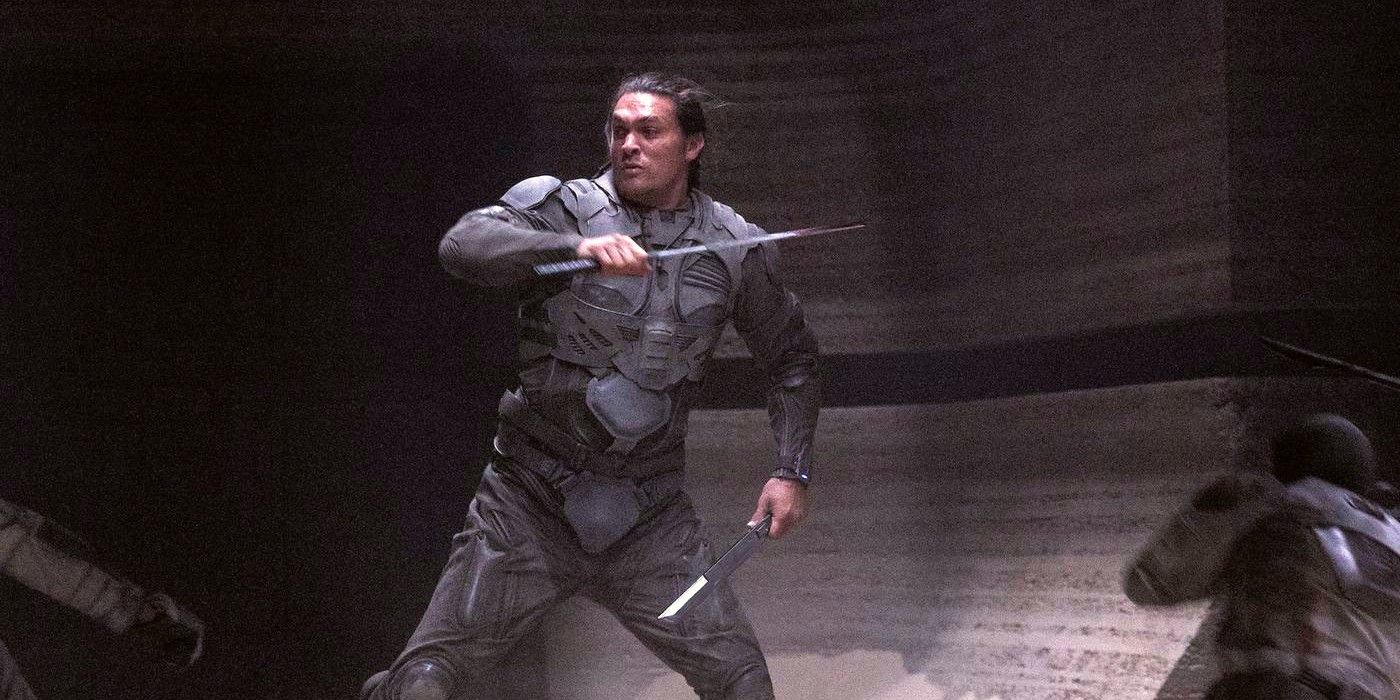
Though the books and movies are set in the future and feature space travel, the technology may seem somewhat antiquated to new fans. That's because of a major event in the history of the world that hasn't really gotten much focus in live-action.
The key to understanding why there is a decided lack of computers, robots, and super-advanced technology in Dune is The Butlerian Jihad, a major cataclysm in the past where artificial intelligence turned on humanity and very nearly destroyed it.

Paul Atreides is presented in the books and movies as in effect The Chosen One, an archetypal hero not unlike Luke Skywalker or Harry Potter. He's actually closer to Anakin Skywalker in terms of story, and that's the arc Frank Herbert was interested in exploring.
Paul begins as the prophesied messiah of the Bene Gesserit and hero of the Fremen, but over the course of his journey, becomes a despot who spreads war across the galaxy. The books ask major questions about the roles of such figures in history and in narratives like Dune.

A good tip for understanding the world of Dune is to understand spice, or melange as it's also called. Spice is everything in the story, and the galaxy literally wouldn't run without it. Ingesting spice, which has hallucinatory properties, allows navigators to guide ships through time and space, which permits the entire galactic civilization to function.
Controlling the spice is the entire gambit in the saga, with control of production on Arrakis, the only planet it exists on, the responsibility of House Harkonnen until the Emperor seemingly penalizes them by giving it to House Atreides (although in fact it was a setup to destroy House Atreides).

Dune influenced a lot of sci-fi that followed, with Star Wars being a clear example. Though Geroge Lucas has never directly acknowledged the link, the original 1977 movie introduces a number of concepts in common with Dune, including a desert planet as the central location, a young hero with a grand destiny, and a galactic empire ruled by an unseen Emperor.
There are many differences of course, and Star Wars has many other influences from diverse sources in mythology and other fiction. But it's clear one of the biggest influences on George Lucas in creating his films was Frank Herbert's epic novel.
from ScreenRant - Feed https://ift.tt/3GiMFvn

0 Comments